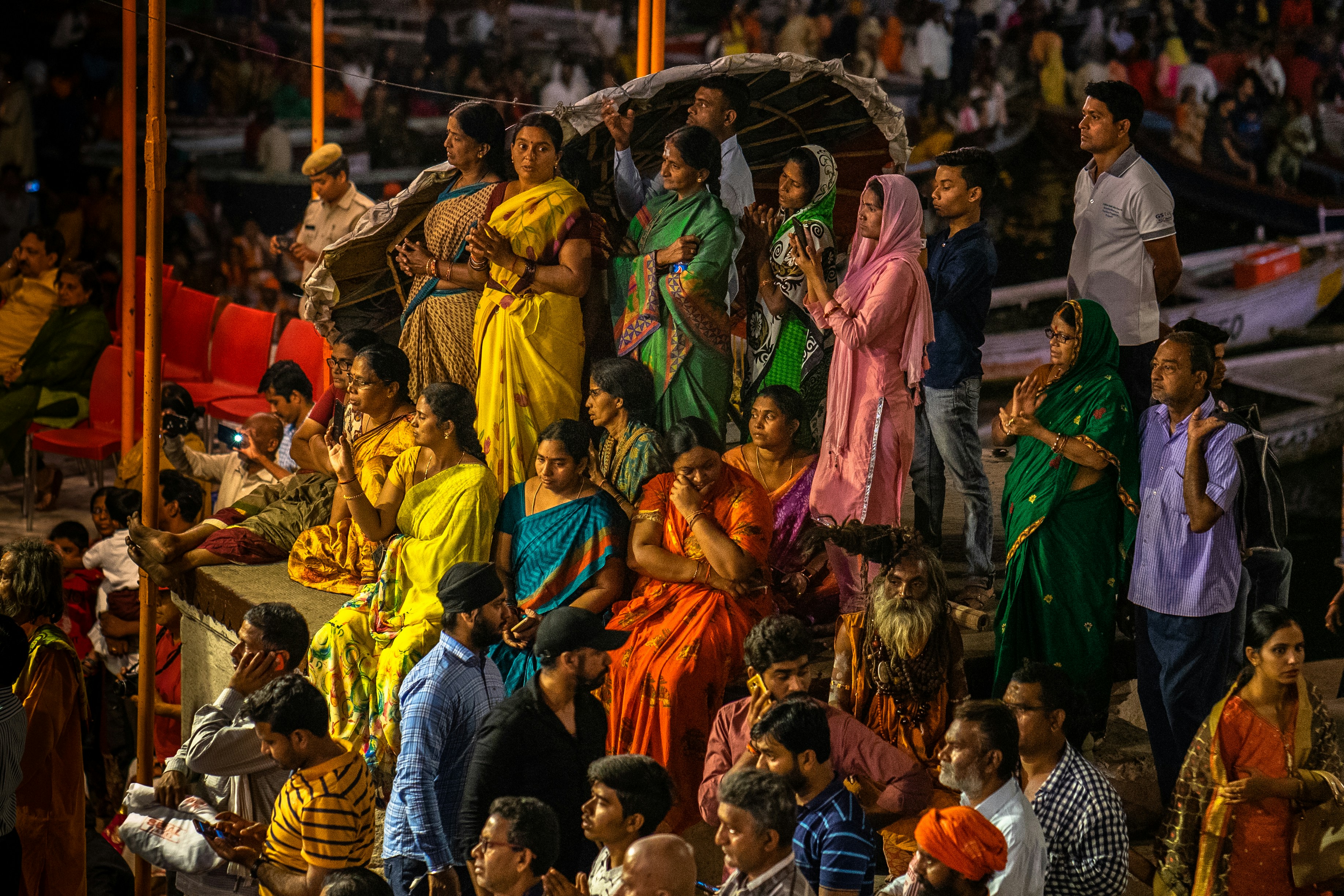We were looking for innovators to demonstrate solutions that decrease fossil fuel use and reduce costs of freight operations in Detroit’s Eastern Market. Entries for this Challenge are now closed.
Find out more about the Detroit Challenge Finalists.
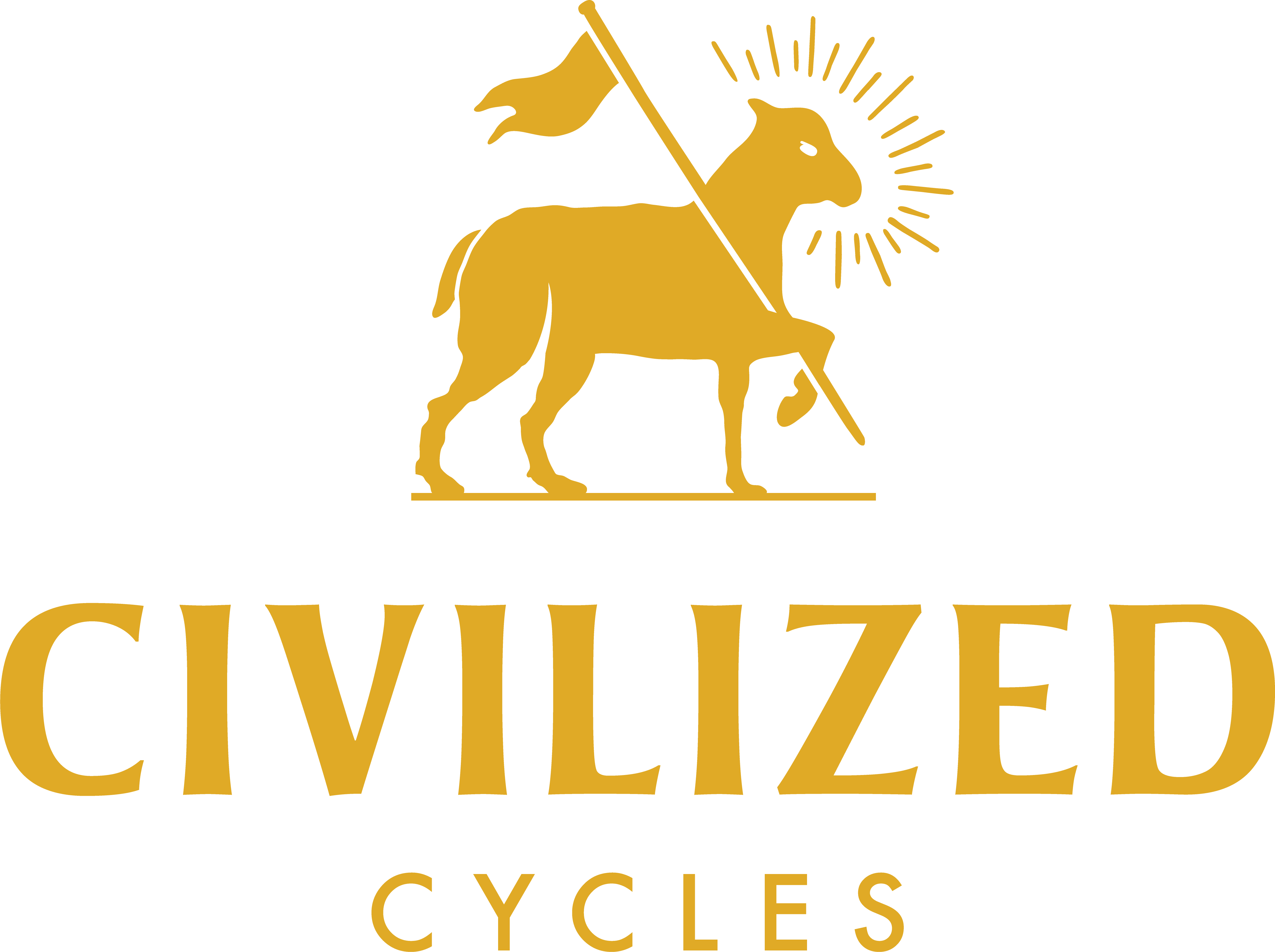
Civilized Cycles is a Detroit-based design and engineering company that manufactures light electric vehicles (semi-trikes) for urban freight and cargo delivery.
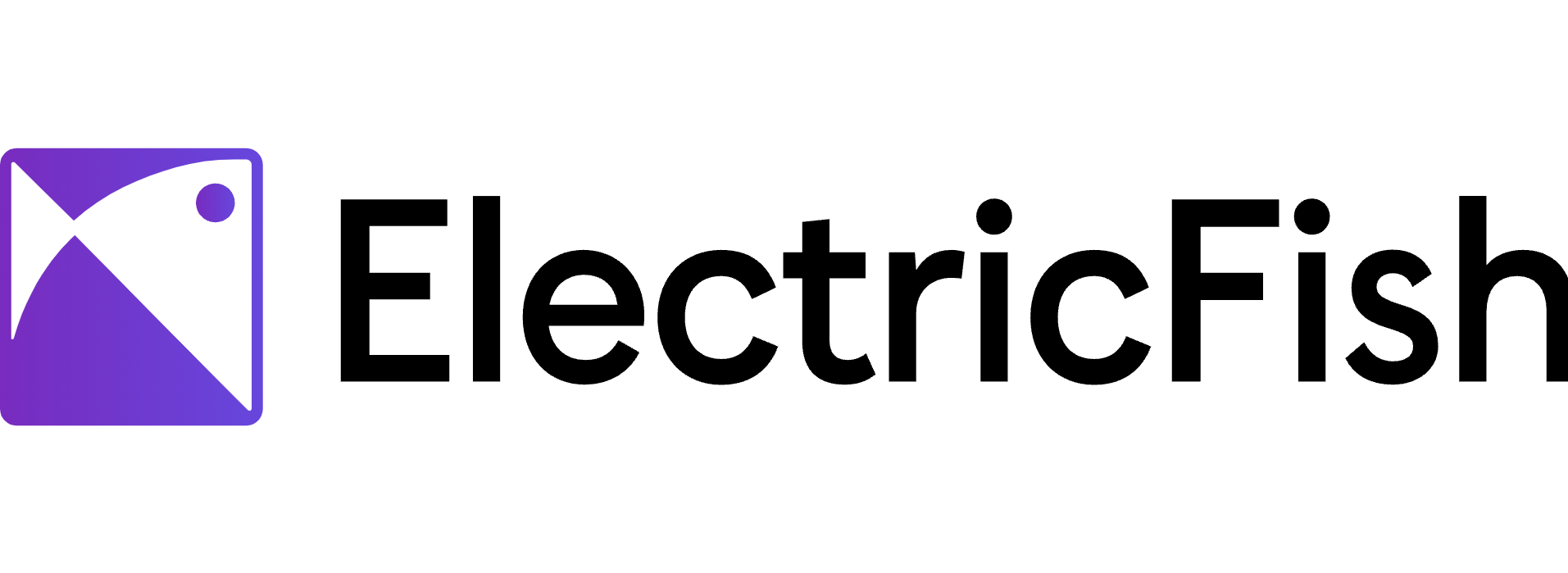
ElectricFish is a climate-tech company developing distributed energy infrastructure that combines battery storage with DC fast-charging capabilities for electric vehicles.
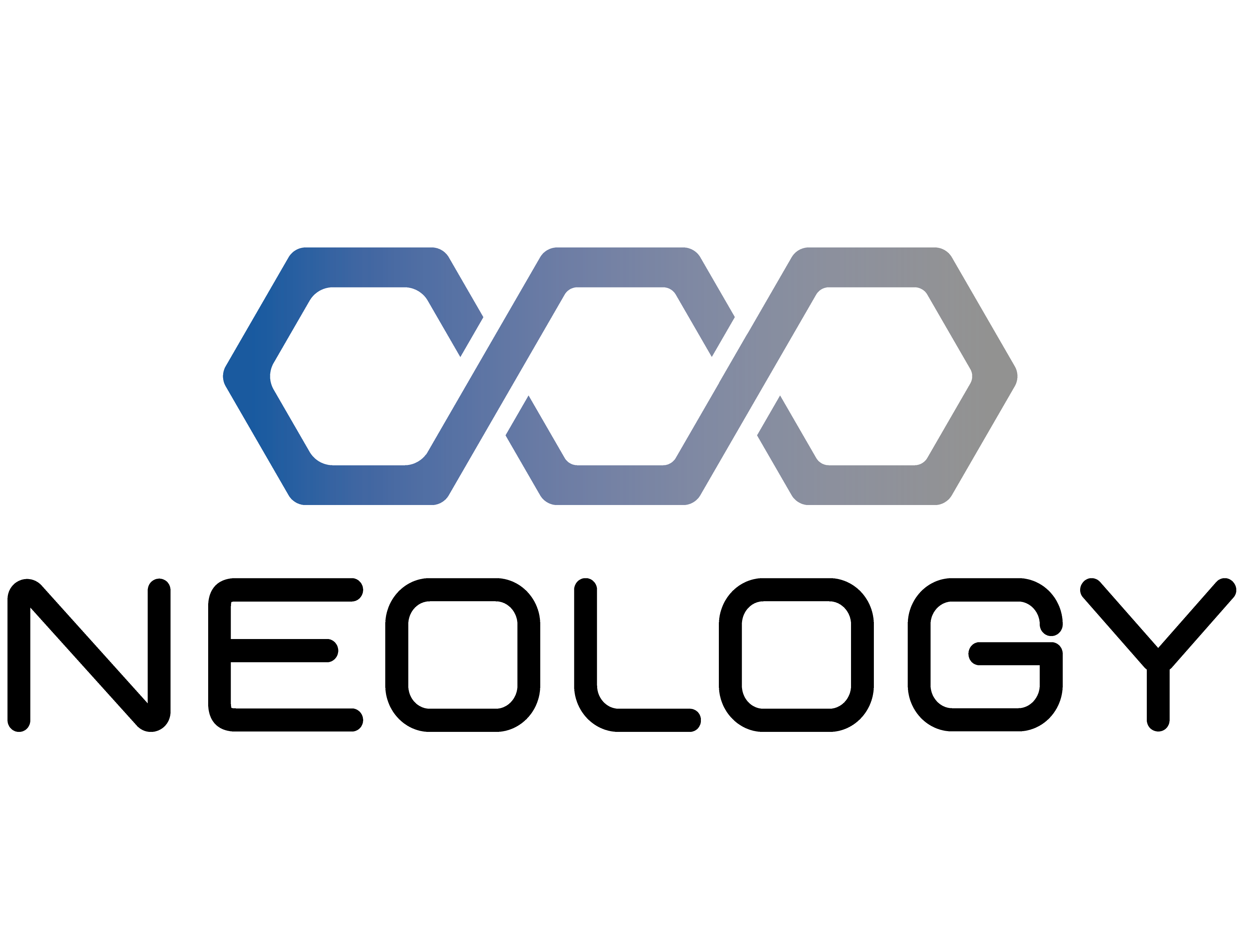
Neology is a Swiss clean technology startup aiming to develop systems that produce hydrogen and electricity on demand.
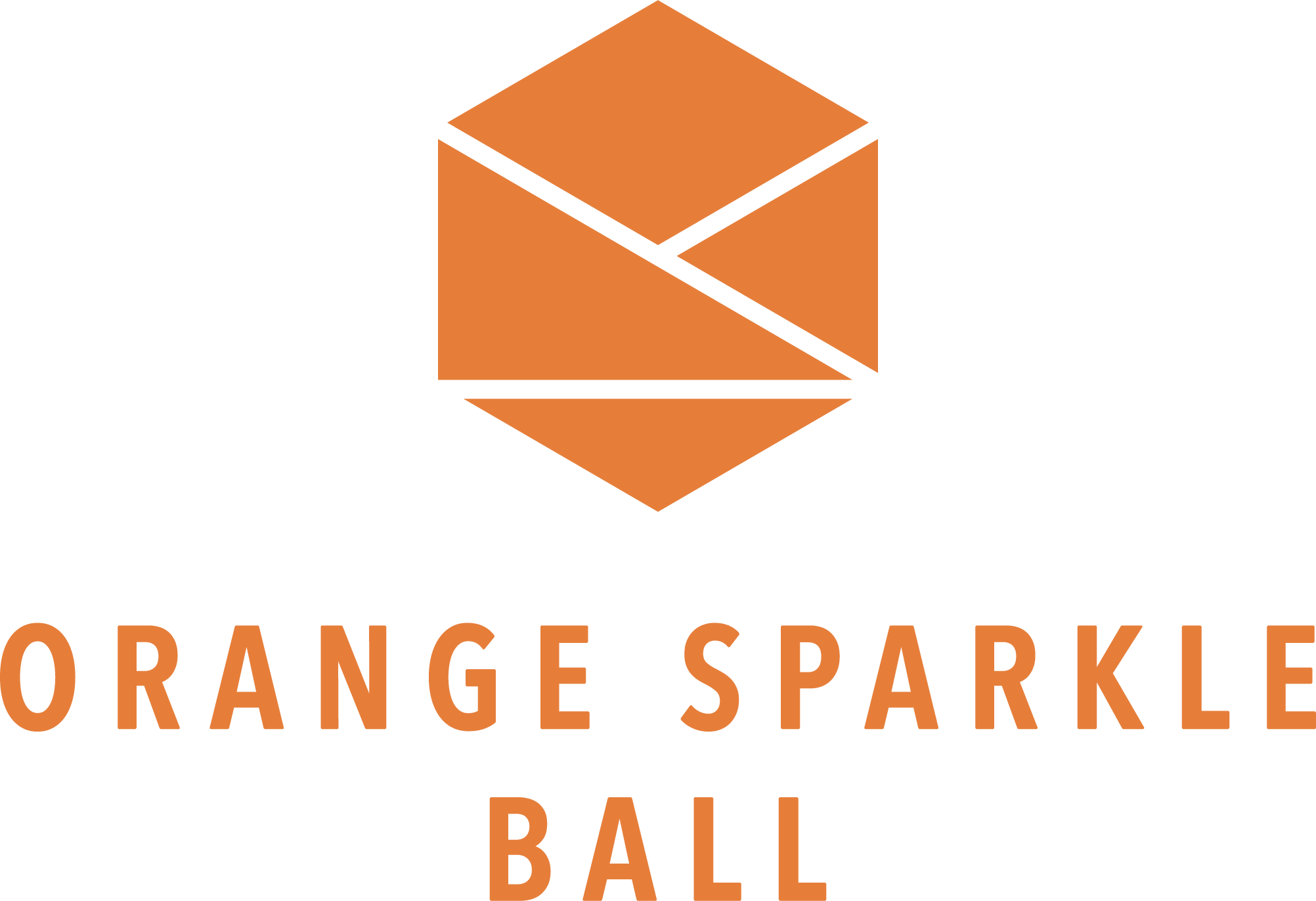
Orange Sparkle Ball is an innovation accelerator that collaborates with organizations to scale impact-driven solutions.
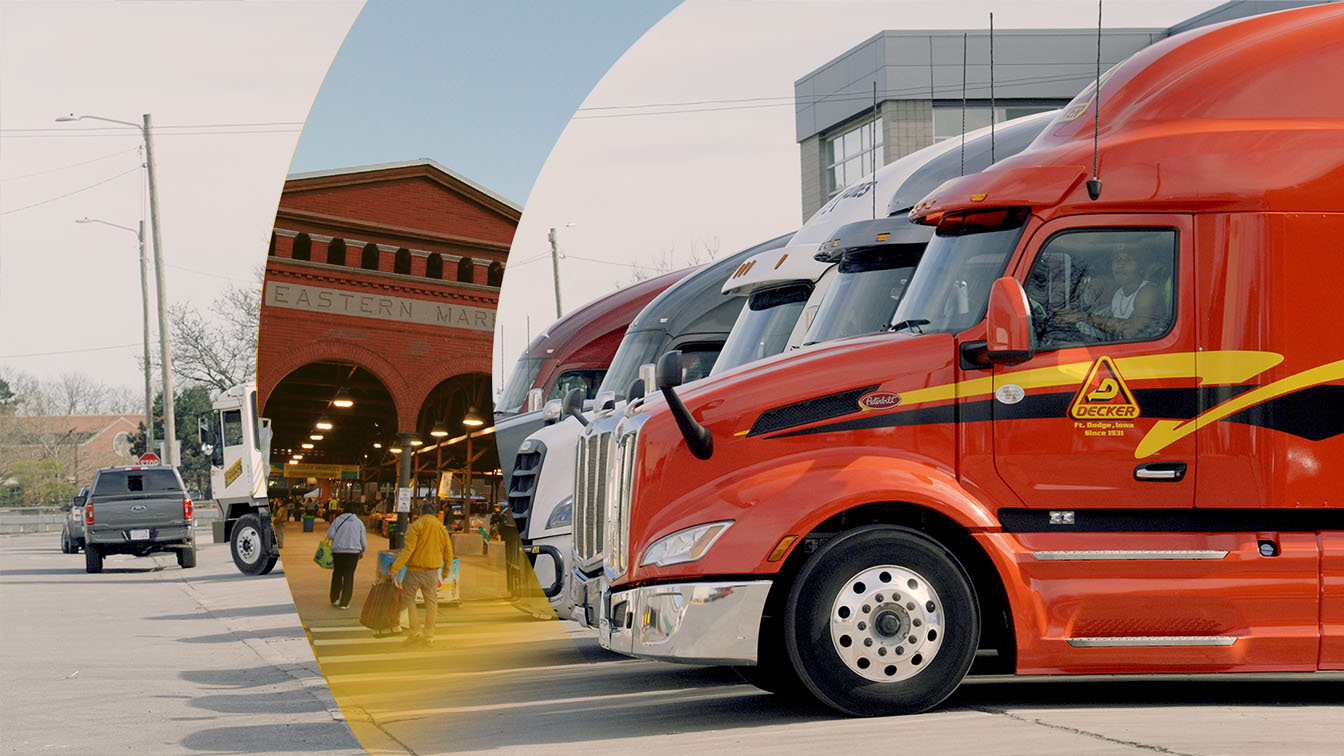
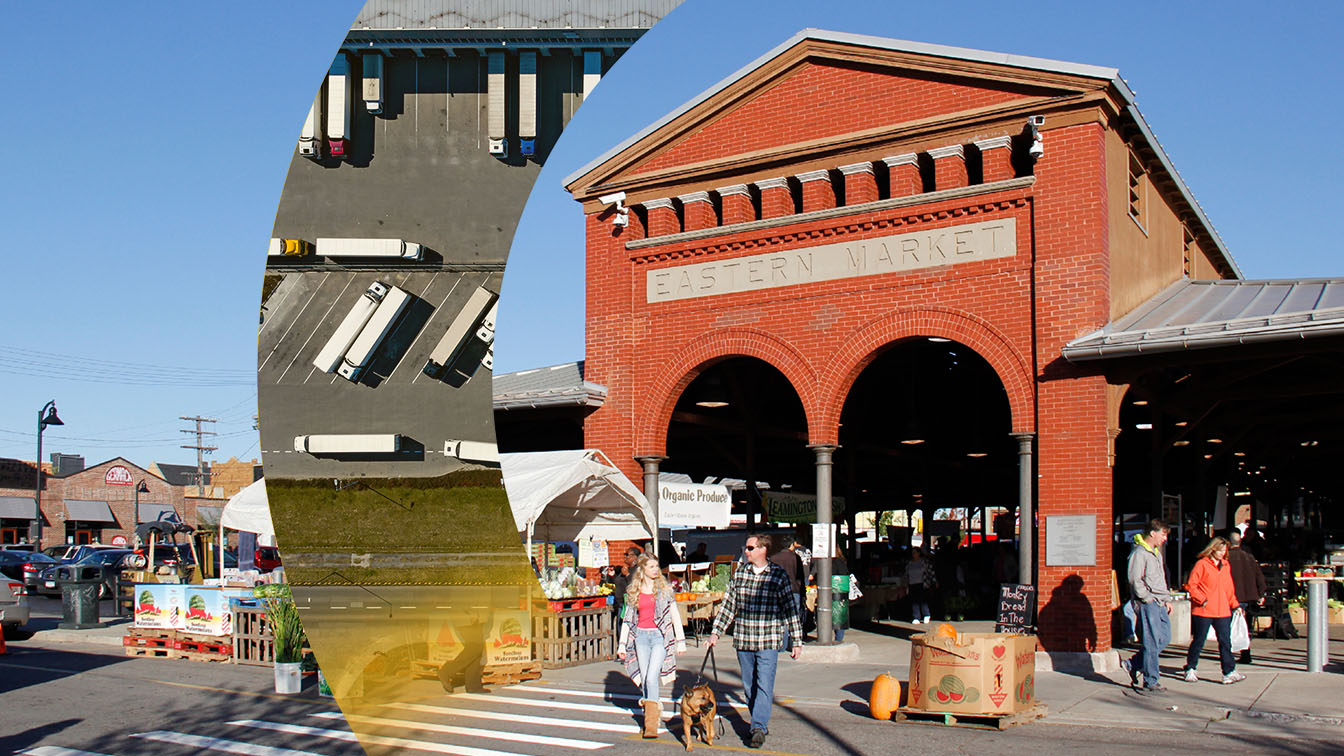
Demonstrate solutions that reduce fossil fuel use and cut costs of freight operations in Eastern Market
Solutions should address one or more of the following:
We will support innovators in developing their solutions by providing:
All funding must be used by teams to develop, test and demonstrate their solutions for Detroit’s Eastern Market, with the final funding to be used for implementation in Eastern Market.
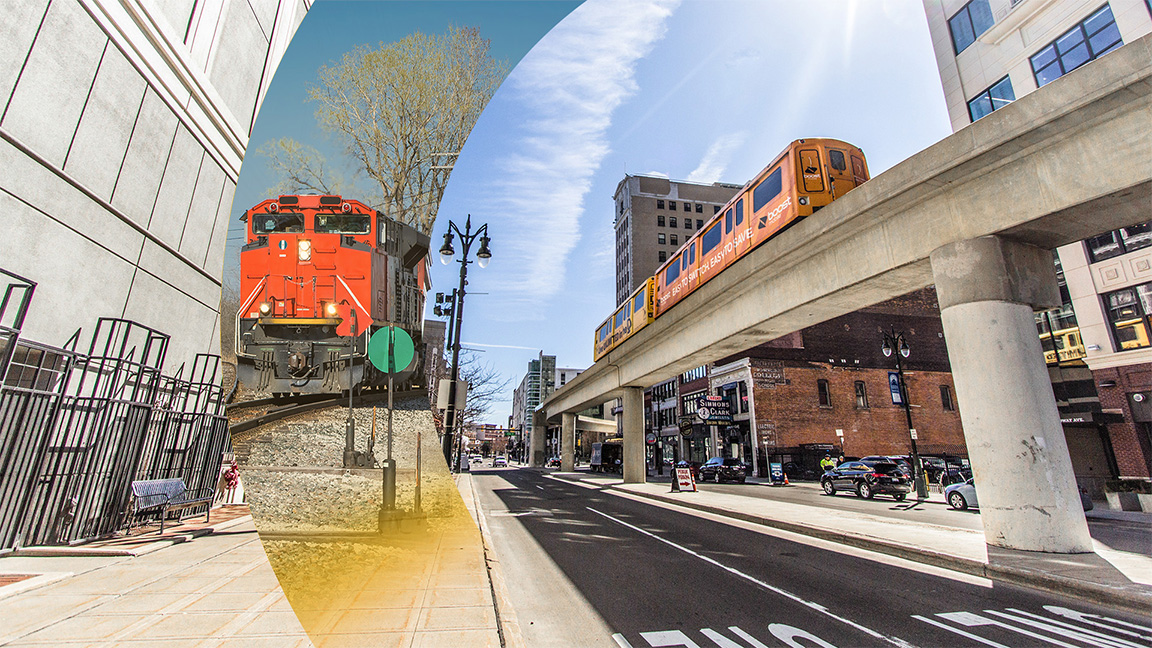
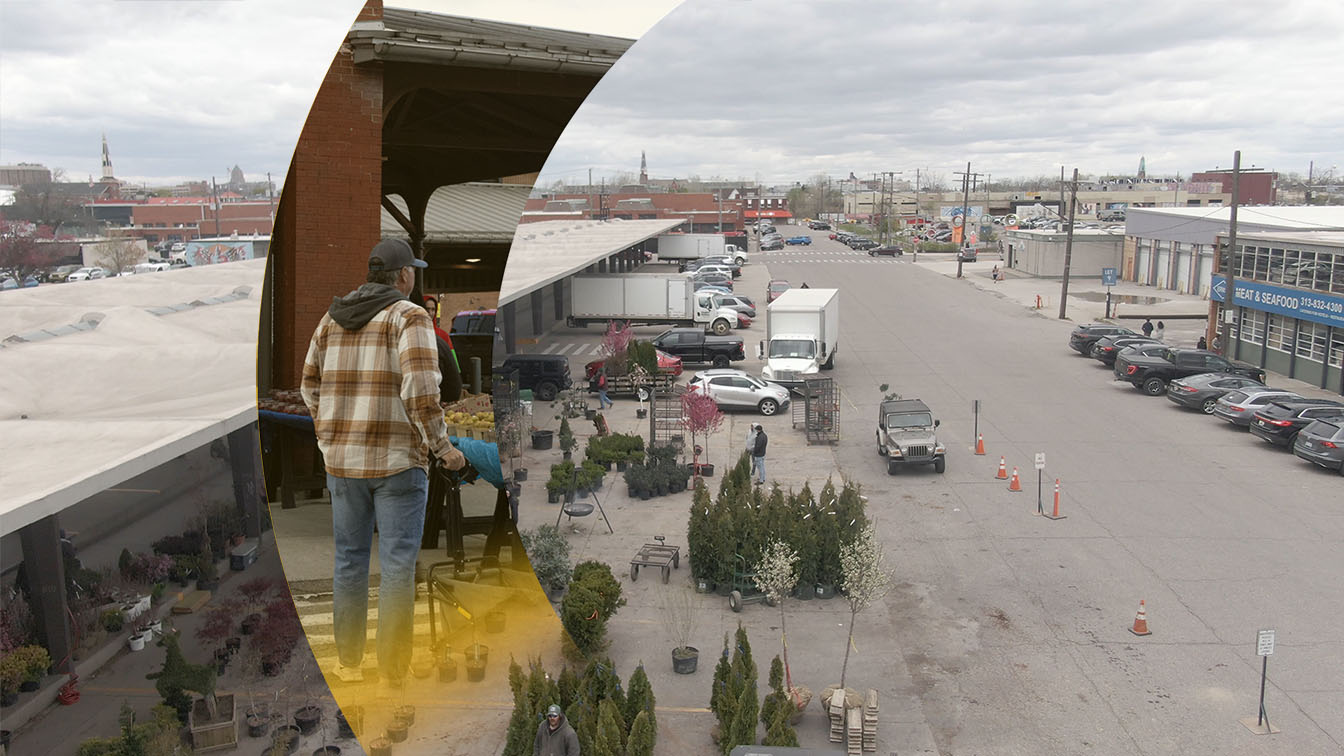
Detroit’s Eastern Market is the largest open-air market and amongst the oldest historic markets in the U.S. and is at the heart of Detroit’s Challenge. It is the city’s hub for food distribution, selling over $360 million of wholesale food annually, and double that in exports. The district is poised to expand and is considering strategies to address environmental concerns, carbon emissions, and pollution, while adding residential units to this bustling community. It organizes farmers, wholesalers, distributors, and logistics operators into distribution activities designed to move food that feeds millions.
Eastern Market neighborhood is continuing to expand as a market and as a mixed-use district. A key challenge of its growth strategy is to harmonize food production and distribution increases with clean freight initiatives.
This will safeguard the health of Eastern Market residents, workers, and visitors while reducing fossil fuel costs of freight operators.
Detroit is seeking innovators who can demonstrate impact through solutions that achieve three key objectives:
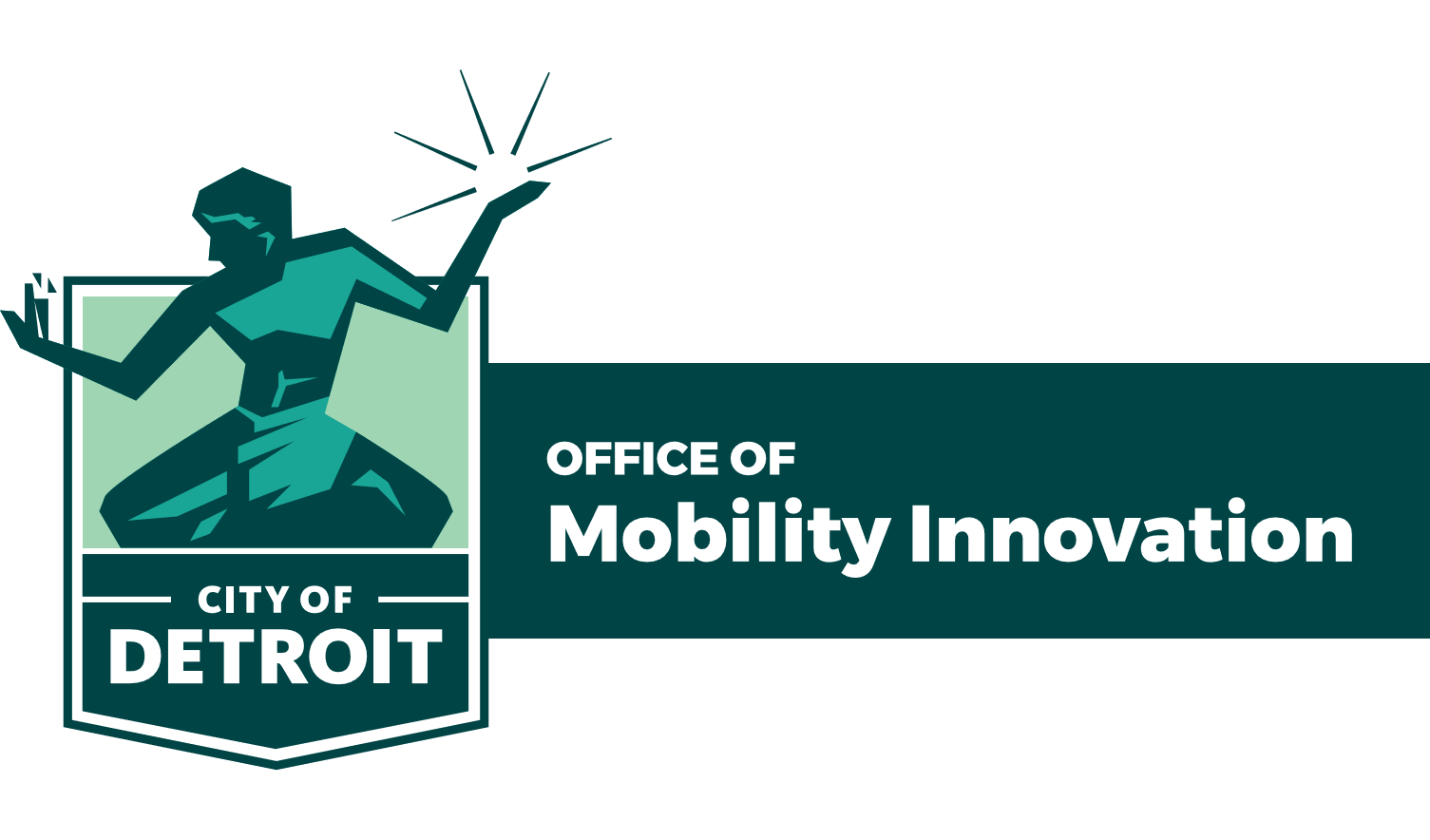
The Office of Mobility Innovation (OMI) exists to help the City of Detroit navigate the rapidly changing transportation and mobility industries in partnership with the automotive industry to support clean and equitable mobility solutions. Transportation and mobility are essential for both people and businesses and Detroit’s automotive heritage provides an unparalleled opportunity to work with industry to innovate and define their future.

Sustainable Cities Challenge Detroit is now open for entries!
Eligible entries that best meet the judging criteria will be invited to participate in the semi-finalist stage.
Entries that do not meet the following criteria are not eligible for the Challenge.
Entrants must own or be licensed to use relevant intellectual property included in their entries. If your entry proposes a new idea, we expect that you will own all the resulting intellectual property, which may be registered on a local basis if you become a successful participant in the Challenge. The Challenge would not be able to give you specific legal advice on the protection or exploitation of intellectual property.
The following judging criteria will be used to evaluate the suitability of an entry for the Challenge and its potential for impact.
Evaluates the potential impact of proposed solutions on decreasing fossil fuel use, thereby contributing to reducing emissions, air and noise pollution in Eastern Market.
Assesses the degree of improvement and novelty offered by proposed technologies compared to current practices in Eastern Market. It also considers how these solutions stand out in the broader landscape of emerging and sustainable freight innovations.
Focuses on the entrants' understanding of user circumstances, needs, and expectations and how these were addressed to improve the adoption potential of the solution by businesses in Eastern Market.
Evaluates the state of planning, development and testing at each stage of the technological roadmap, including co-design with users, off-site testing, and on-site demonstration in Eastern Market.
Assesses the solution's potential for achieving long-term market viability after the conclusion of the Challenge. It may include expanding to new customers (or use cases) within Eastern Market and beyond.
Evaluates the team's understanding of the skills and partnerships necessary to deliver the project and how well they fulfil these requirements.
